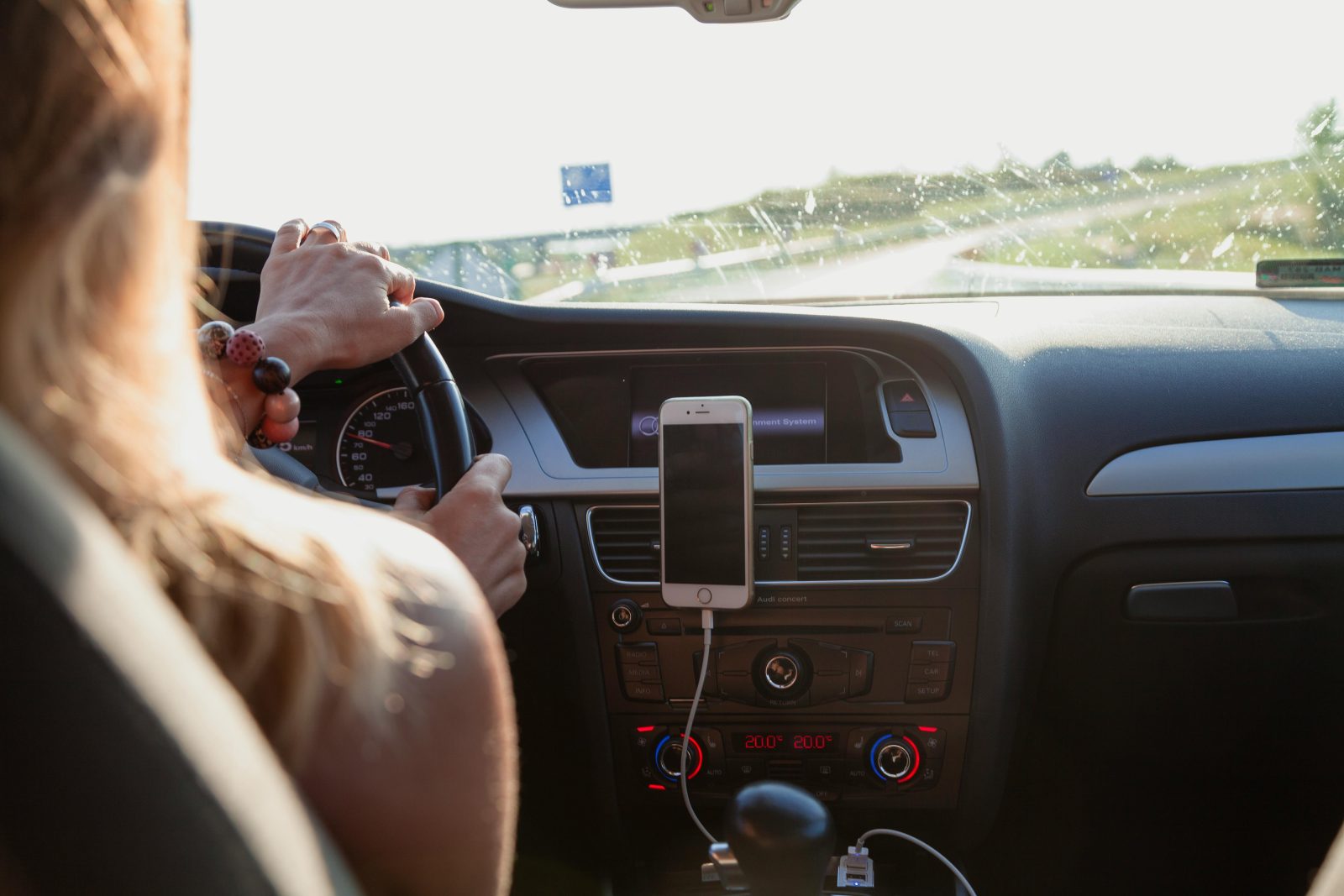
What to Pack for a Long Drive
If you’re planning a long road trip, then it’s natural to be excited about what’s coming – and a little bit apprehensive, too. To stand the best possible chance of a smooth, safe, and pleasurable experience, it’s worth making sure that you’ve packed all the right things. But what should your packing checklist include? Let’s run through a few key items.
Comfort Essentials
If you aren’t comfortable during the drive, then you’re unlikely to find it pleasant. This is a particular concern where young children are concerned, as they might be more likely to voice their displeasure.
Make sure that you’re wearing comfortable, loose-fitting clothes, and that you have plenty of layers that you can shed as and when the temperature changes. For the driver, appropriate footwear is critical.
It might be that your passengers will want to sleep during the trip, in which case pillows and blankets can be very useful. Hydration is vital too – which is why reusable water bottles can be such a good investment.
The right entertainment can help the long stretches of motorway to go by more quickly, too. Audiobooks, podcasts, and the right playlists can help to pass the time – but try to dial them back as you approach unfamiliar junctions, and busier stretches of the trip.
Miscellaneous Must-Haves
There are a few essential items that don’t easily fit into any of the categories we’ve mentioned. You’ll want essential documents, like your driver’s license, breakdown recovery contacts, and insurance details. The right car insurance is important if you’re driving on public roads.
Keeping the car clean and tidy might be difficult, especially if you have several people eating in there. Keeping a box of tissues, wet wipes, and a few bin liners can help you to stay on top of the clutter, and reduce the stress of the driving experience.
Snacks and Food
Ideally, you’ll want to stock the car with a variety of snacks, so that you can stave off hunger in between stops. Try to avoid sweets, since these won’t fill you up in the same way as nuts and dried fruit.
A small cooler filled with fibre-rich snacks can be a major boon. If you want to minimise your stops, then you might also pack sandwiches to eat in the car – but bear in mind that regular breaks are essential for dealing with driver fatigue.
Safety and Convenience
As much as you might hope for a trip that goes off without a hitch, there will always exist a chance that something won’t go to plan. For this reason, it’s worth packing a small kit for emergencies.
This might include essential items like first aid, phone chargers, power banks, torches and jumper cables. If you are venturing out into the countryside, then a traditional paper map might be more reliable than a digital one.





